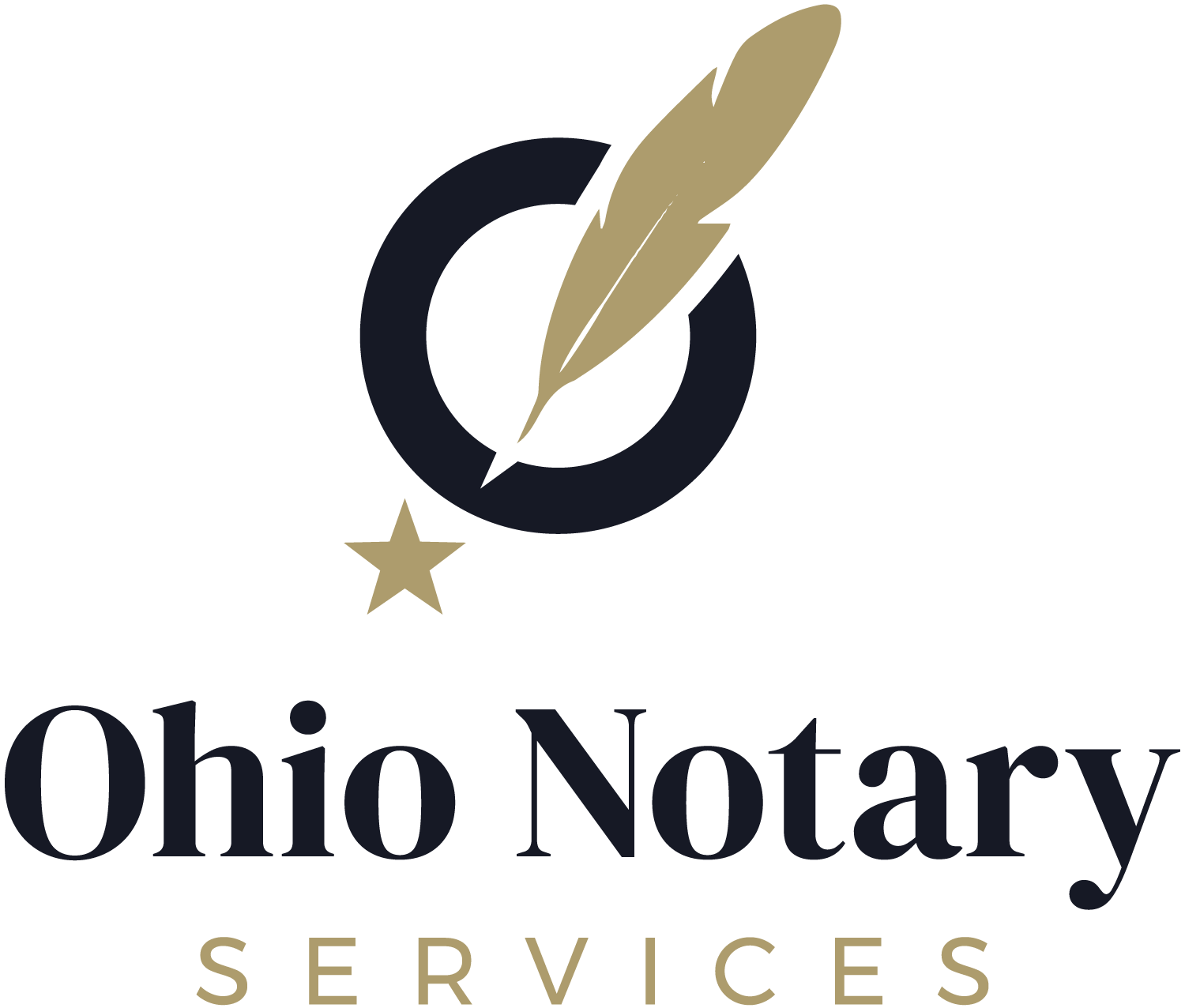DIRCO Laws Demystified: A Overview to Diplomatic Protocol
DIRCO Laws Demystified: A Overview to Diplomatic Protocol
Blog Article
Debunking Notarial Job: Streamlining the Function and Value of Notaries
Their function, often shrouded in enigma for numerous, carries substantial weight in guaranteeing the credibility and honesty of critical files. By unwinding the intricacies shedding and surrounding notarial methods light on the importance of their acts, a more clear understanding emerges of the essential duty notaries play in maintaining the material of legal and legal agreements.
The History of Notarial Work
The history of notarial job dates back to ancient worlds, where scribes played a crucial function in taping vital information and authenticating records. This led to the advancement of notaries, people designated by the state to act as impartial witnesses in legal issues.
During the Center Ages, notaries obtained importance in Europe, with their functions increasing to include preparing lawful records, certifying trademarks, and maintaining documents. The surge of international profession better emphasized the significance of notarial operate in validating agreements and contracts across boundaries.
In the contemporary period, notaries remain to play a crucial role in legal and business transactions by confirming identifications, verifying the credibility of papers, and avoiding scams. Their function in accrediting the credibility of agreements includes a layer of security and depend the ever-evolving landscape of commerce and law.

Responsibilities and Duties of Notaries
The historical advancement of notarial work from old civilizations to the modern-day age has shaped the distinctive responsibilities and duties that notaries support in lawful and service transactions today. Notaries play an essential role in confirming the credibility of papers and the identification of signatures. One of their main responsibilities is to witness the finalizing of vital records, such as agreements, wills, and actions, to ensure that all celebrations are participating in arrangements purposefully and willingly. Notaries also verify that signatures are of audio mind and not under duress or coercion.
Additionally, notaries are charged with providing vows and affirmations, which are vital in lawful process and the execution of testimonies. They license duplicates of initial records, supplying assurance to institutions that the copies hold true reproductions of the originals. Notaries have to keep exact records of all purchases they look after to make certain openness and accountability. On the whole, the tasks and duties of notaries are vital in safeguarding the stability and legitimacy of different papers and purchases.
Notarial Certificates and Signatures
Exemplifying thorough attention to information, notarial certificates and signatures function as vital elements in verifying the credibility of legal papers. Notarial certifications typically contain crucial information such as the day of registration, the names of the notaries, a description of the document, and the notary's main seal. These certifications provide a clear record of the notarial act, guaranteeing that the record can be quickly recognized and Related Site mapped back to the notary who looked after the procedure.
Trademarks play an essential role in notarial job, as they symbolize the agreement and consent of the parties included. Notaries very carefully witness the signing of files to validate the identity of the signatures and validate that they are signing of their own free will. By affixing their main seal and trademark to the paper, notaries certify that the essential procedures have actually been complied with and that the file is enforceable and legitimate.
Essentially, notarial certificates and signatures are the hallmark of credibility in lawful transactions, offering guarantee to all parties entailed that the documents are reputable and binding.
Value of Notarial Acts

Notarization Process Discussed
The notarization procedure generally starts with the private providing the document to a notary public. Once the identity is confirmed, the notary ensures that the private authorizing about his the paper does so willingly and without any kind of coercion.

Final Thought
Notarial certificates normally have important details such as the date of registration, the names of the notaries, a summary of the paper, and the notary's official seal. These certificates offer a clear document of the notarial act, making certain that the paper can be easily identified and mapped back to the notary that managed the process.
By affixing their official seal and signature to the document, notaries accredit that the necessary procedures have actually been adhered to and that the record is valid and enforceable.
By confirming the identity of the notaries, confirming their desire to enter right into the arrangement, and accrediting the date and location of the signing, notaries play an essential duty in supporting the legitimacy of lawful documents.After the file is authorized, the notary will affix their official seal or stamp onto the paper.
Report this page